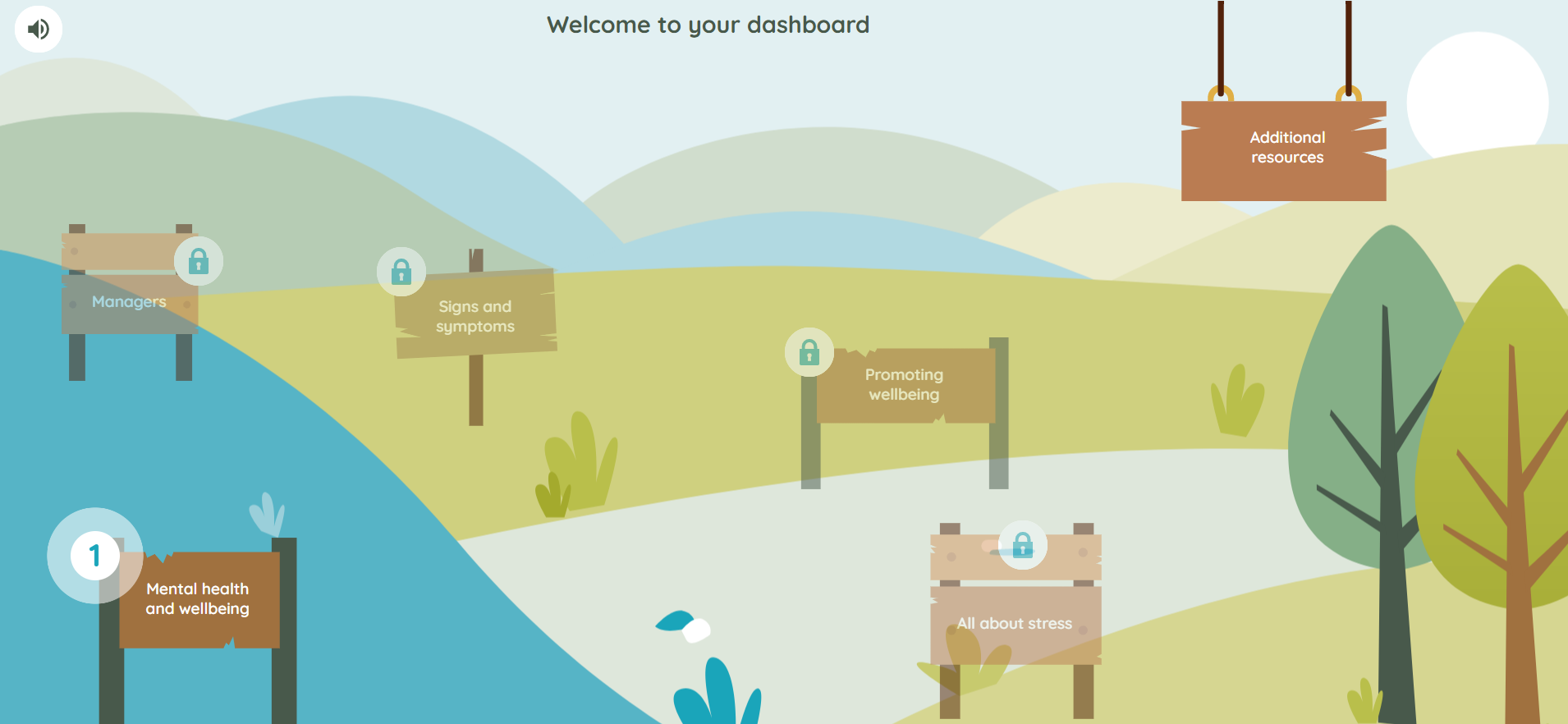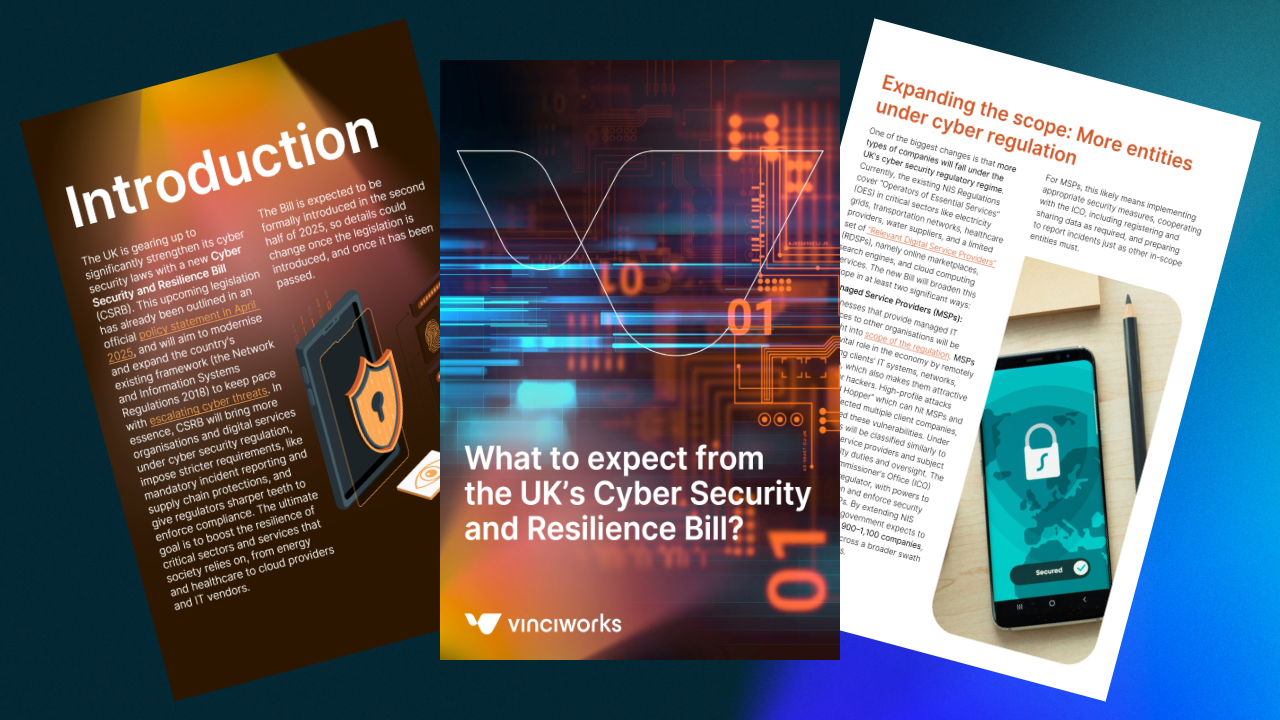The COVID-19 pandemic has caused a near-universal sustained stress-inducing experience in the way other plagues haven’t done in centuries. The COVID-19 pandemic is much more comparable to the experience of a world war than a health scare. The pandemic has impacted everyone’s day-to-day lives and will leave long emotional scars even as life returns to something like normal.
Post-traumatic Stress Disorder (PTSD), can result from experiencing a single, significant traumatic event, as well as frequent, sustained exposure to stressful environments. This pandemic has caused us all to experience both.
Broad scientific research supports the theory that exposure to COVID-19, both directly to the virus and indirectly through the media and due to lockdowns, is a traumatic stressor event capable of eliciting PTSD responses or exacerbating existing mental health challenges.
Medically speaking, exposure to stress triggers the fight, flight or freeze response, the body’s involuntary way of dealing with stressful situations. This cascades into psychobiological events like changes in hormones, adrenaline, heart rate, sleep disturbances, even muscle pain, as the body desperately tries to figure out how to process these events.
While PTSD is generally associated with flashbacks and traumatic responses to similar stressors, it can also initiate anxiety and irritability around anticipating future events. Given the unknown timeline of COVID-19, mental health researchers are talking about peri-traumatic reactions, meaning responses which occur at the time of a stressful event or shortly after. True post-traumatic symptoms might not begin to occur until years after the pandemic has truly faded.

Tamar Rodney, a psychiatric researcher at John Hopkins hospital in the US, has lectured about the impact of COVID-19 on trauma. She said:
“It’s not just the grim final outcome of death. There’s a fear of getting it. There’s a fear of losing connection with individuals. There’s a fear of isolation. These are sacrifices people are making on a day-to-day level which are equally traumatic compared to the virus itself.”
Because many of us are still inside the pandemic, moving from peri to post trauma, as experts would say, will only then start to uncover the true post-traumatic responses to COVID-19.
As people start to return to the office and public spaces more regularly, it could elicit an epidemic of PTSD-like responses and a full blown mental health crisis.
What is PTSD?
Post-traumatic stress disorder (PTSD) is a common anxiety disorder that can develop after a traumatic event. While life-threatening events are often a cause of PTSD, there are many different trauma triggers which could lead to PTSD.
Some common symptoms of PTSD can include:
- Not feeling safe anywhere
- Panicking easily
- Getting upset and angry
- Disturbed sleep
- Feeling like you have to keep busy all the time
- Feeling emotionally numb
- Reliving aspects of the trauma through flashbacks or intense distress when reminded of events
- An overwhelming sense of sadness, fear, anger or shame
What are some ways to cope with PTSD?
Health experts say it will take many years to fully understand the mental health impact of the pandemic. But there are things to do now which can help in the long run. Taking control, finding normality, maintaining routines can all help ease the transition back into the office, and back into normal life.
Endurance can act like a counter to PTSD. Getting back into routines and habits, revisiting places as they open up and connecting with friends and family help to numb the impact of trauma. Small acts that happen repeatedly and without incident encourage the body and the mind to return to a more relaxed state.
- Help others – connecting with people and the wider community helps to improve a sense of hope and optimism
- Practice self-care – make the activities you enjoy part of your daily routine
- Limit news consumption – while it is important to stay informed, constant information about the pandemic can be overwhelming and harmful
- Ask for help – reaching out is not a sign of weakness but strength
- Remember it will all be over eventually – it might take more time, but, like all pandemics, there will come a point when it’s over
About our training solutions

Mental Health: Return to the Office is designed to give users an understanding of some of the causes of stress when thinking about going back, what can happen when it’s not dealt with and how employees and employers can help reduce unnecessary stress and improve wellbeing during the transition. The course can be fully customised to enable employers to add relevant policies, procedures, links and information they want to communicate to their staff around mental health and wellbeing. Further, the course begins with a course builder that allows users to take a course specific to them, whether they’re still working from home or already returned to the office. The course was shortlisted for the InsideOut mental health award in the Best Use of Technology category.













